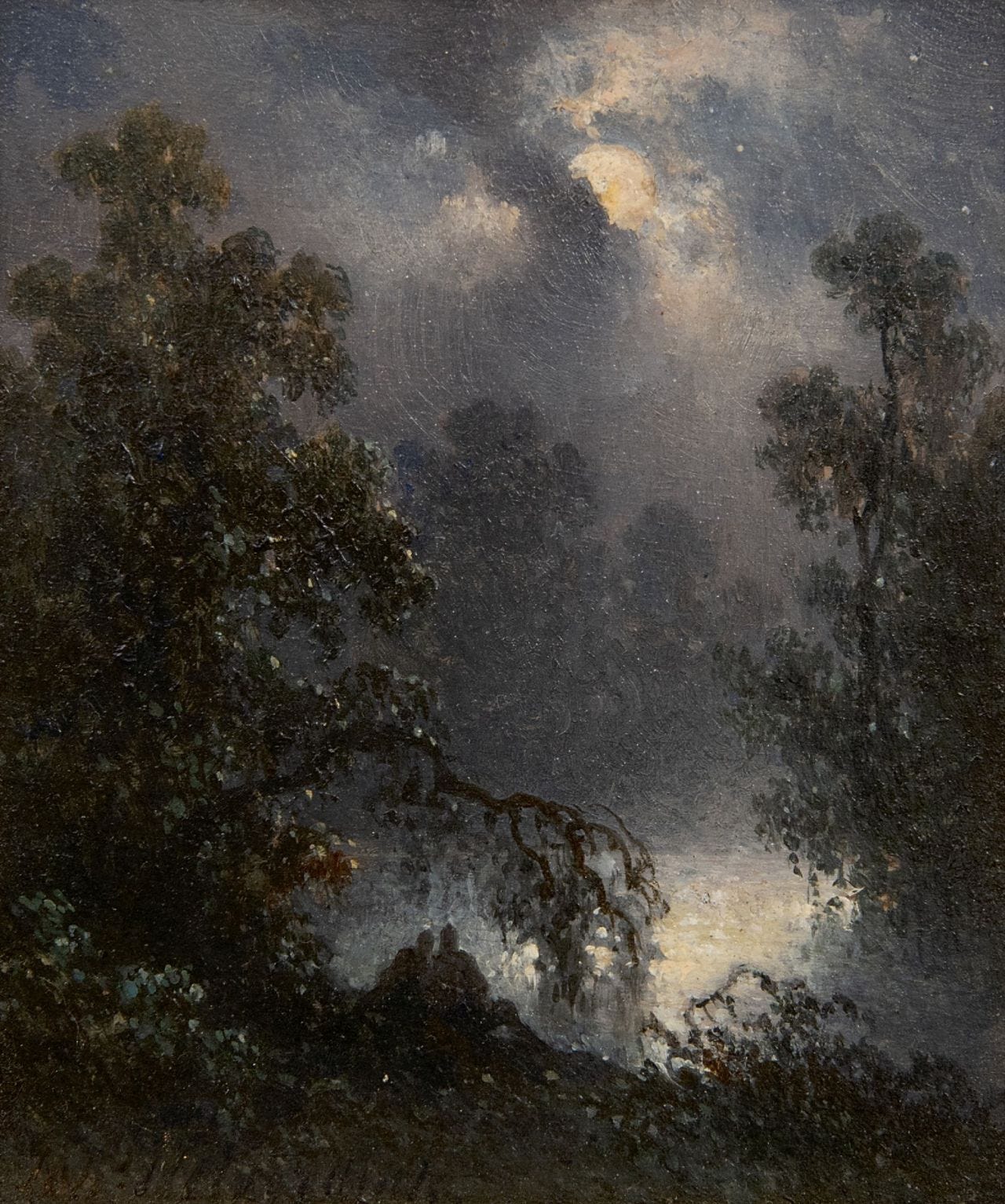i know the end
postcard 49: on winter blues and loneliness bleeding into solitude into loneliness
He knew me by heart. It infuriated me that he knew me by heart.
—Notes from Underground, Fyodor Dostoyevsky
prelude
She felt very young; at the same time unspeakably aged. She sliced like a knife through everything; at the same time was outside, looking in.
—Mrs. Dalloway, Virginia Woolf
This is sort of a sequel to my post from last October on solitude:
One morning every January, I will get up and just know: my footsteps will be heavier than usual, and I’ll feel the reluctance to drag my feet over the hardwood floor of my bedroom. My brain will cloud over with an affectless disregard for everything I’m supposed to do that day. A muted ire I feel from the buzz of my phone—of the fact that the phone exists in general, not of the person who’s messaging me—notifying me of a text is the only thing that barely shatters through. The to-do list in my mind is peripheral at best, dissipating into the depth of the horizon of my brain stem at worst. If I’m quiet enough, I’ll hear my heartbeat, a steady reminder that I’m still alive, despite a gradual hollowness in the cavity of my chest.
I'm old enough and grown enough to know when my seasonal depressive episode will dig its heels into the soft tissue of my brain and grasp on for three weeks until gradually letting me free. It strikes like clockwork for me—an arrow that aims to kill, maybe. Like I’m a lightning rod waiting for bad weather that hits at a scheduled time down to the second, and somehow, the cognizance makes it worse. Perhaps the anticipatory dread of it, knowing that it will hit, creates a winter storm of its own. In those three weeks, I become lethargic, moody, and emotionally numb. I will hear things and they will flow through me like water. I will do things with a disconnect between my mind and my body, like my spinal cord has snapped in half and my brain is the last organ to hear about it.
I’m also old enough and grown enough to be able to conceal it with terrifying ease when I want to, to the point where nobody would know I’m all blue inside if I didn’t tell them. But the exhaustion sets in deep into my bones at night and I find myself staring at the ceiling and trying my hardest not to blink. I’m constantly fighting a tug of war in my mind, torn between wanting people to know that everything moves a quarter of a second slower for me like I’m underwater or faking it until I make it. I keep finding myself apologizing to my family and friends, I’ll be back to regular programming soon, you know this isn’t me, I tell them, although they know and understand because this isn’t their first rodeo either (and most of us suffer through seasonal depression together—misery loves company). I’ll become a hermit for a few weeks shortly after. There’s something so deeply disappointing about January following December, how December glows like a Christmas ornament next to candlelight, and January is an endless path of unceremoniously melted snow.
The world around me is quiet; too quiet; I know solitude and this is not it; it feels like the entire world is muffled, like I’ve accidentally plugged in my earphones and turned on noise cancellation and I suddenly can’t find the button to turn it back off; I hold books in my hand but they feel heavy; I lay awake at night with a cosmic boundlessness of worries irrationally connecting in my brain like a mutated constellation; I talk to friends but I feel so unsocial like I’m having an out of body experience; I feel like I am always broken into fragments throughout the month, trying to collect these pieces to tetris myself into one whole human again; there are definitely some moments when feelings of elation breaks through the fog, and I suddenly feel like my normal self, and I get a tiny taste of what it must like to feel like that again.
I still journal, but the words jump across the page. My hand dissociates from my brain, and I find myself stringing together phrases and sentences that will seem like someone else with a different brain wrote it come mid-February. For the remainder of the year, I will avoid all of my journal entries written in January. I keep my mind on a tight leash so it doesn’t spiral and think about every hypothetical in the world that hasn’t happened and will probably never happen. My hand flies across the page, swirls and loops of letters that spell out thoughts I didn’t even realize I had, thoughts that whenever I accidentally revisit in the springtime, I’ll think are terrifying. Momentarily, my chest will feel heavy and my heart will race like a caffeinated blitz, and I’ll remember how I felt in January like I’m somehow conjuring up episodes from a past life.
Communication begins to feel like a chore and I grapple with simultaneously feeling like I’m doing horribly socially and wanting to shut myself off from every means of communication. I only regularly text two people at most throughout the month, because I’m too exhausted to update friends if we’re not talking every day; day to day groans begin to feel astronomical and I become reluctant to tell people if I’m not telling them during the moment it’s happening. I start to dread people asking me “how are you” because how am I, really? My friends check in on me, asking if I’m okay, and I’ll reply immediately and then forget to reply to their reply and then feel awful about it. I’ll obsessively delete and redownload social media apps on my phone, torn between not wanting to see anything and wanting to mindlessly waste away hours, self medicating the boredom that sometimes translates into loneliness.
The floor becomes a comforting place. I find myself on it a lot, alone in my bedroom, the only sound the quiet whirring of my air purifier. I lay on my back, press myself flat against the hardwood floor, put two overlapping hands over my heart. The faint but slow and steady beat, a reminder that this too shall pass, is perhaps the most helpful thing in that moment. I think about the breathing technique I was taught in this stress management class in college—eight breaths in through my nose, eight breaths out through my mouth—and then I get stressed, wondering if I’m doing it properly and if this even helps. My mind begins to spiral manically, is this helpful? What is helpful? What will make this go away? It can’t just be time. Am I being dramatic? I need to find better ways to make myself feel better in January. How is it every January? I fall asleep on the floor and wake up with a dull pain in my lower back.
My winter blues or January blues, as I like to call it, has an official name for it. Seasonal Affective Disorder, or more aptly and fittingly, SAD—for someone who never really has any mood swings and likes a label and name for everything, it’s comforting that webMD for once can explain what is happening to me a month and a half for every year. I think of this set of feelings, as this name and I emphasize in my mind the first word, seasonal, to tell myself that come March I’ll feel like myself again. It’s a waiting game, and I always end up forgetting about how horrible it feels once I wake up one morning and find the heaviness in my chest has disappeared.
I know a thousand and one ways to hypothetically get through this month because I’ve tried a thousand and one ways to make it go away at an expedited pace over the years. I’m a seasoned expert, but this is the shadow of a monster I’ve encountered and been unable to defeat. I’ve tried drinking tea, meditating for hours, journaling pages upon pages, mindlessly rewatching seasons upon seasons of a show, forcing myself to go out and socialize, listening to an entire album from start to finish, taking on more jobs than I can handle so I don’t have to think, so much baking, so much cooking, so much intellectualizing and rationalizing, taking photos of flowers, taking photos of the beach, taking photos of books, listening to inspirational talks that tell me to view the life as a glass half full and not half empty while I’m trying to figure out if there’s even a glass to fill even a drop of water to begin with.
I’ve tried staring blankly at a wall until I feel like pieces of my brain are falling out of my ears, willing myself to fit into a mold made of patience and grace that I am deeply unfamiliar with because I am not a patient person, and I have exhausted all the grace I have to give, to other people and never to myself.
This feeling will begin to fade into oblivion in a few weeks, but before then, I’ll hold my breath and practice patience that I was not born with.
interlude i: what i read this week
Still on such a good reading streak this month. I read Agua Viva by Clarice Lispector, which was such an insane experience. Reading Clarice Lispector’s works often feels transcendental, and this was no different. But this one especially felt like running through a waterfall or a cascade of words rather than physically reading pages. The cadence and rhythm of Lispector’s writing in this felt oddly hypnotic, and I felt like I was watching her stretch and fold sentences, making literature malleable in her hands. Kind of a spiritual experience in a way.
I also finished Hurricane Season by Fernanda Melchor, which was recommended to me by
, and it was such a stunning read. It was beautifully written, so grotesque and horrific, and is also such a testament to what good translation can produce. It was so bleak to the point that the entire book felt hopeless and claustrophobic, but everything about it was perfectly done (and not just bleak for the sake of being bleak, which is oftentimes my bone to pick with books that feel like this).I’m now reading Night and Day by Virginia Woolf, which I know is going to be at least three stars for me (most likely four), because, well, it’s Virginia Woolf.
If you want to know what I’m reading next month and follow along (like a sort of book club), feel free to check out this post!
Here are ten articles and essays to read this week:
How Universal Are Our Emotions? by Nikhil Krishnan
Psychologists have argued that affect is profoundly shaped by culture. They shouldn’t feel so confident.
Every Relationship is Parasocial Now by
Why you feel estranged from your friends (it's not just the phones).
Remembering Laika, Space Dog and Soviet Hero by Alex Wellerstein
“The more time passes, the more I’m sorry about it. We shouldn’t have done it. We did not learn enough from the mission to justify the death of the dog.”
Media Literacy: Dead and Streaming by
“Media literacy is not dead yet, but it’s certainly on life support.”
Stop Trying to Make Melania Happen by
On the perceived victimhood of Melania Trump, her ugly hat, and the mass acceptance of the new (old) administration and American oligarchy.
The Truth About Fiction by Hannah H Kim
What distinguishes fiction from nonfiction? The answer to this perennial question relies on how we understand reality itself.
Signature Moves: Are We Losing the Ability to Write By Hand? by Christine Rosen
We are far more likely to use our hands to type or swipe than pick up a pen. But in the process we are in danger of losing cognitive skills, sensory experience—and a connection to history.
-
“Pretension is out, and we are all worse for it.”
An Icelandic Town Goes All Out to Save Baby Puffins by Cheryl Katz
Kids and senior citizens alike rally to rescue beloved young seabirds that have lost their bearings.
-
'Instagram dating coaches,' 'lovebombing,' 'anxious attachment,' and killing myself in front of you, changing the trajectory of your life forever.
interlude ii: what i watched this week
Oscar nominations came out this week, and I feel like I’m being brainwashed into thinking Emilia Perez is a good movie. And Challengers not getting a best score nomination…upset me. Other than that, I do think last year’s nominations were so much better than this year’s (I mean, The Holdovers, Anatomy of a Fall, Zone of Interest, Oppenheimer?), but I’m going to continue my tradition and watch all of the nominated films.
I watched A Different Man (2024, dir. Aaron Schimberg), and really enjoyed it. It was actually a really interesting film to watch back to back like a double feature in a way, with The Substance, which I watched last week. Sebastian Stan is also just such an incredible actor, and the script was so intelligent. I also watched A Family Affair (2024, dir. Richard LaGravenese), which was…yeah, it was bad.
I only watched one video essay (not really a video essay) this week, and it was this masterclass by David Lynch on the art of life. It’s three hours and very worth the watch.
postlude
(on this note, little guide on seasonal depression and ways to get through it…ish coming soon with ! stay tuned)
things i love: melatonin gummies, indult’s tihota perfume, searows’ guard dog album, ralph’s coffee mugs, nyrb books









Thank you for sharing, I have suffered from sad all my life and I have never read anything that is so spot on. I have tried to explain myself during these episodes but people kept misreading thinking my actions were against them. Thank you for this, how it would have helped all those years ago.
wait wait is there a series of posts where your titles are just lyrics from phoebe bridgers??